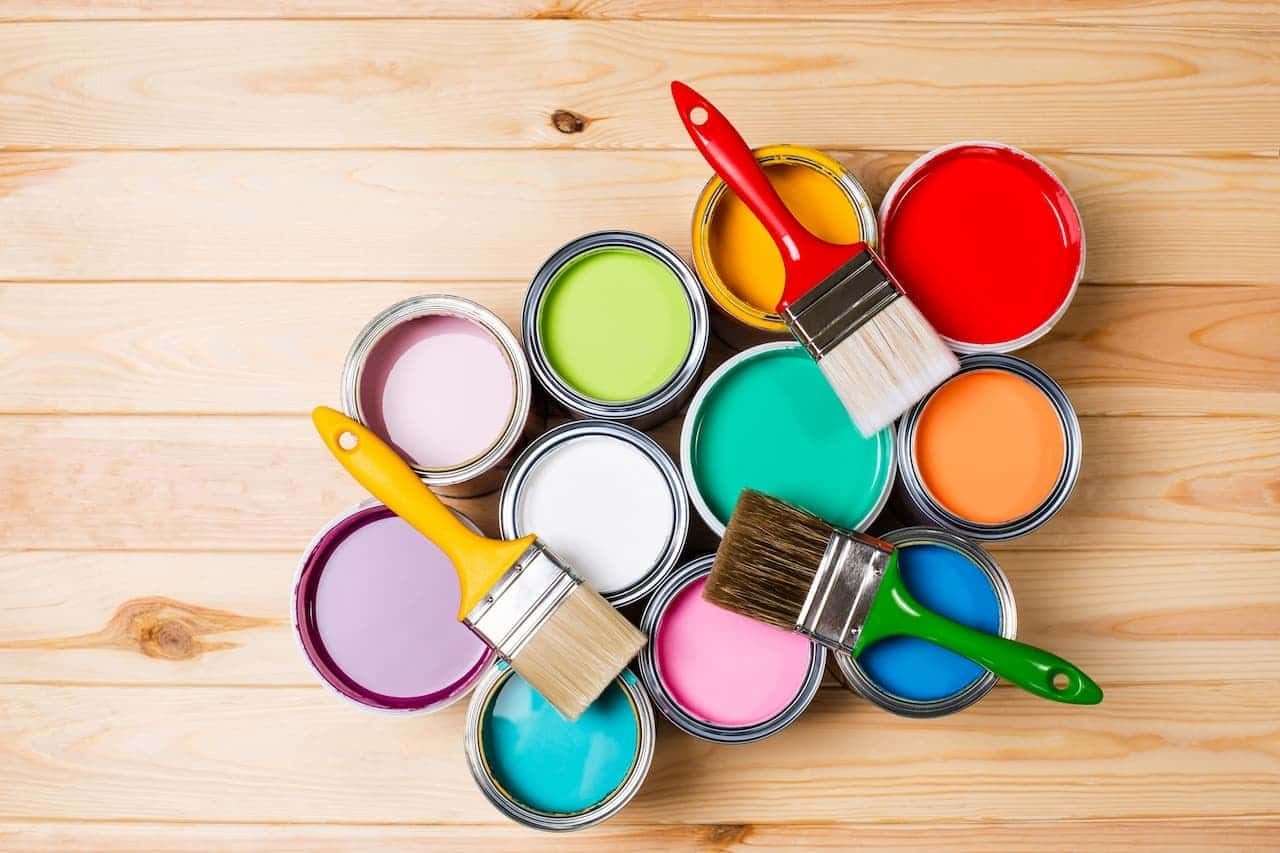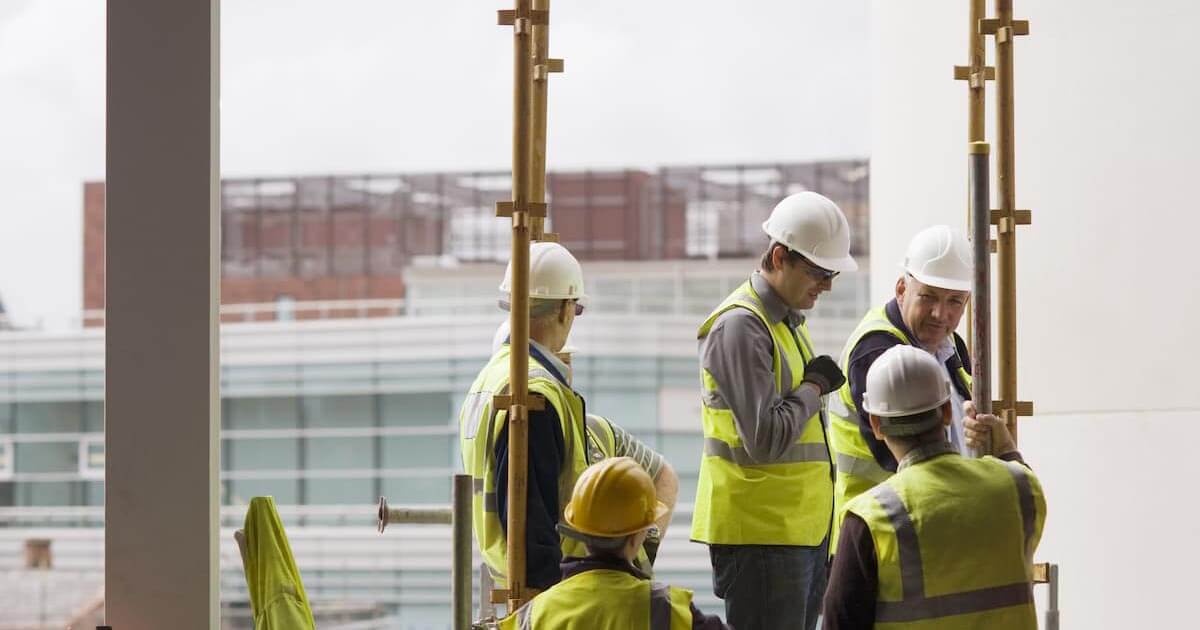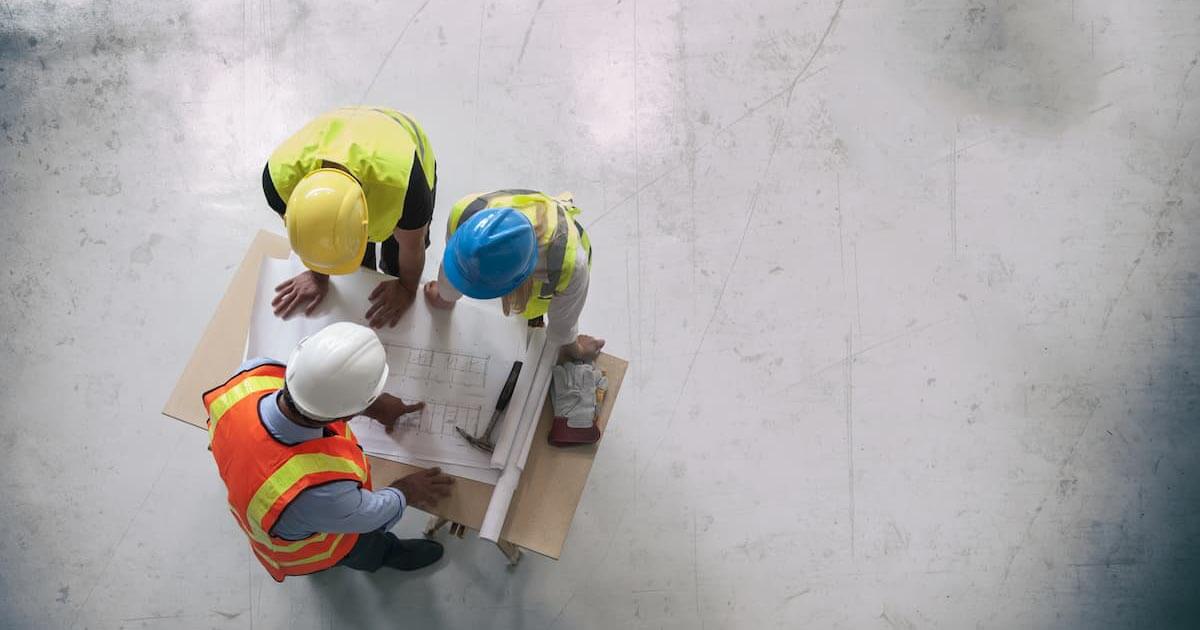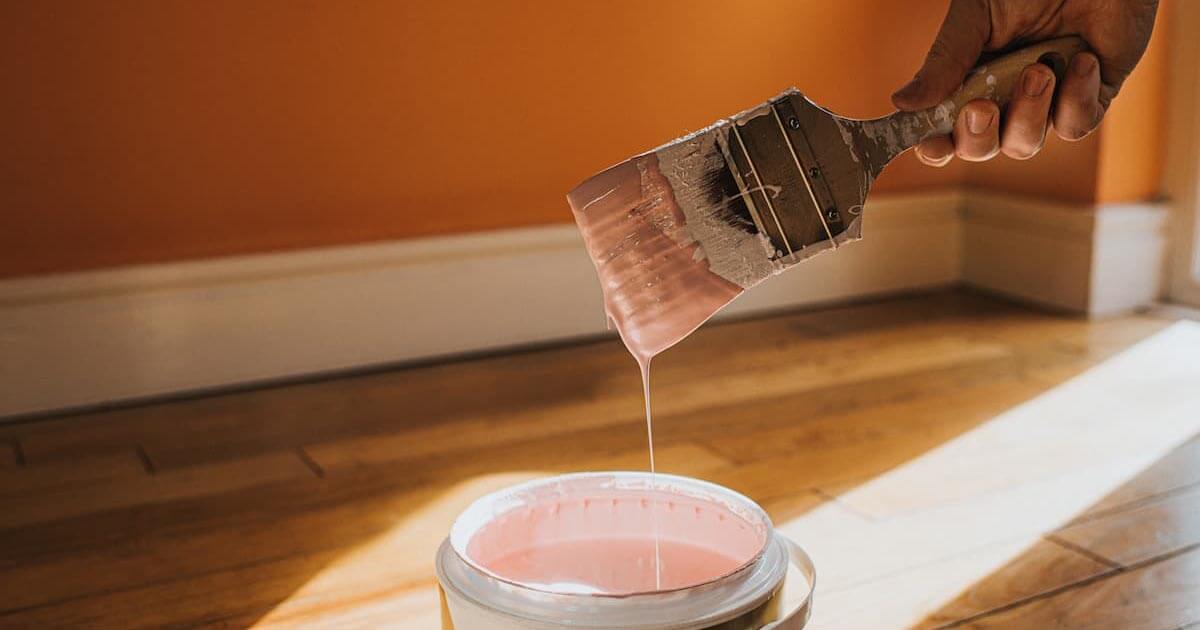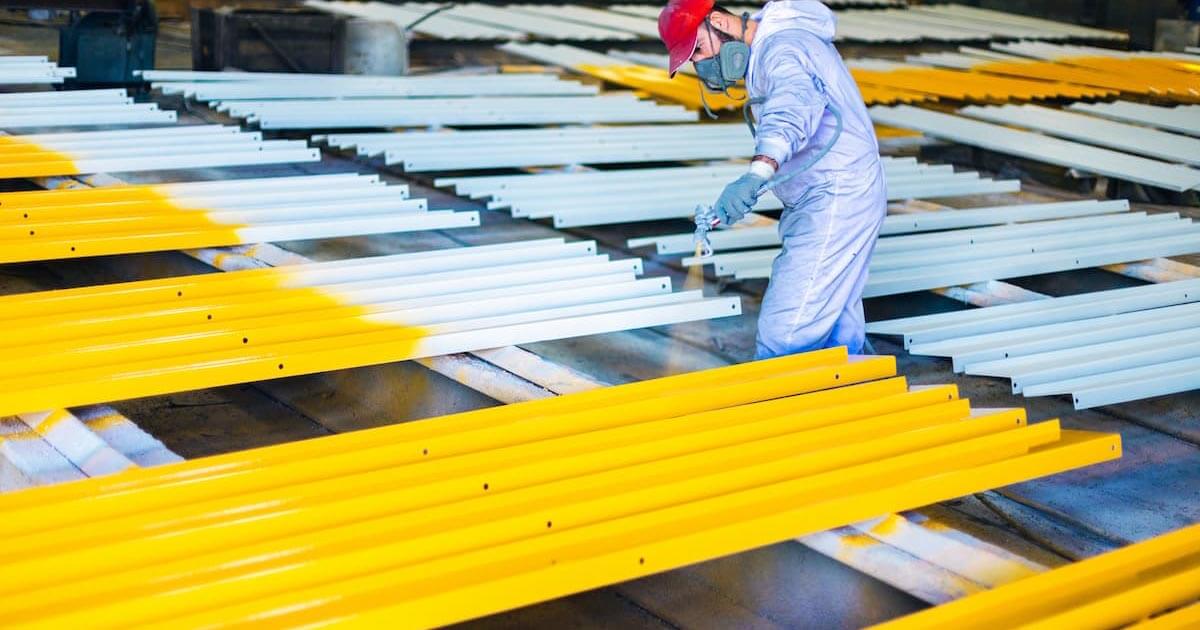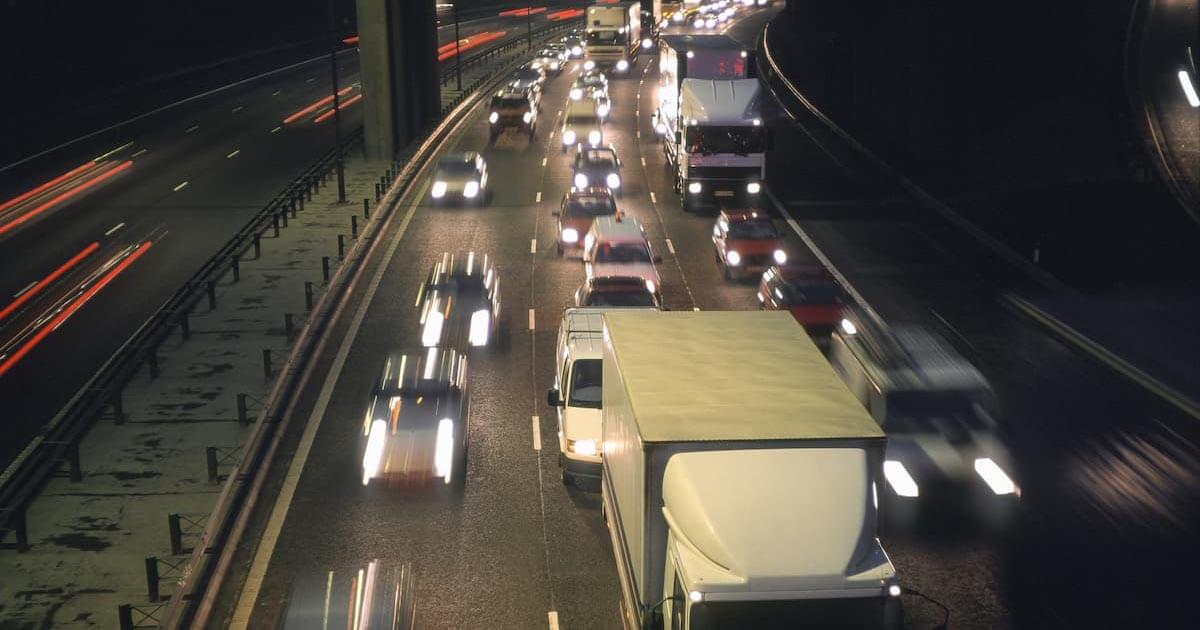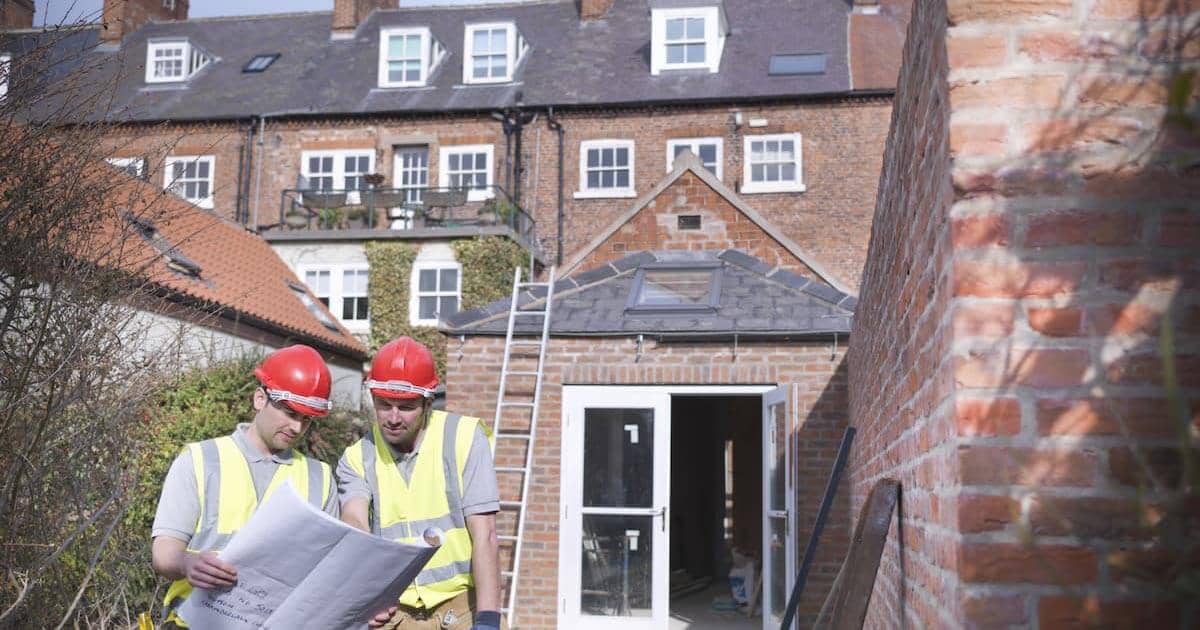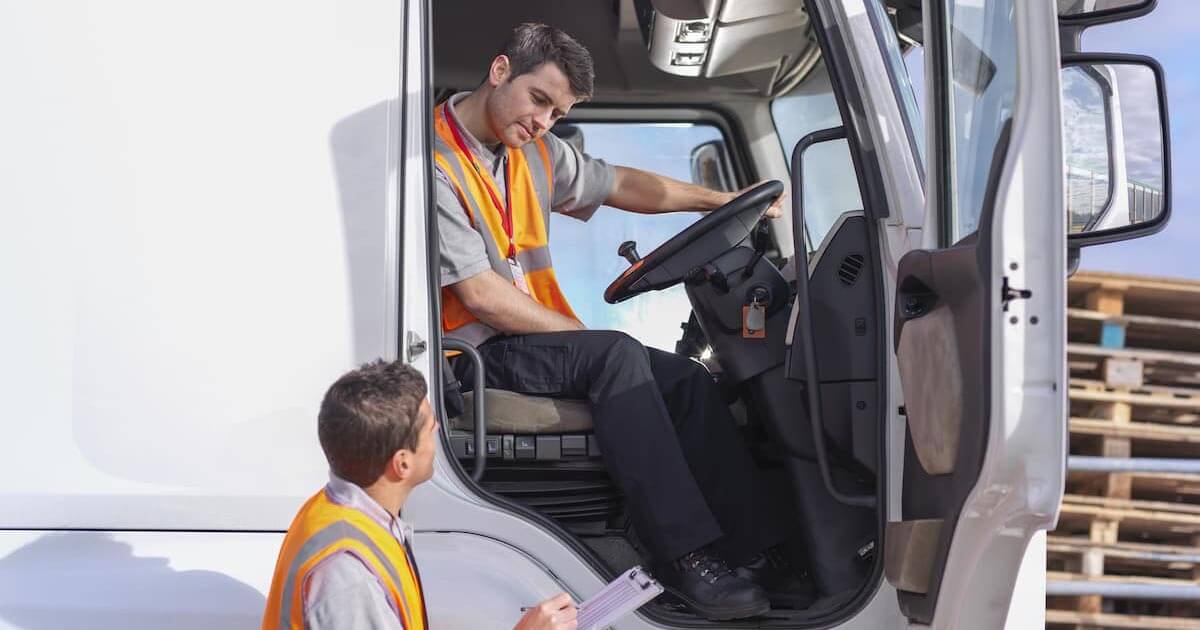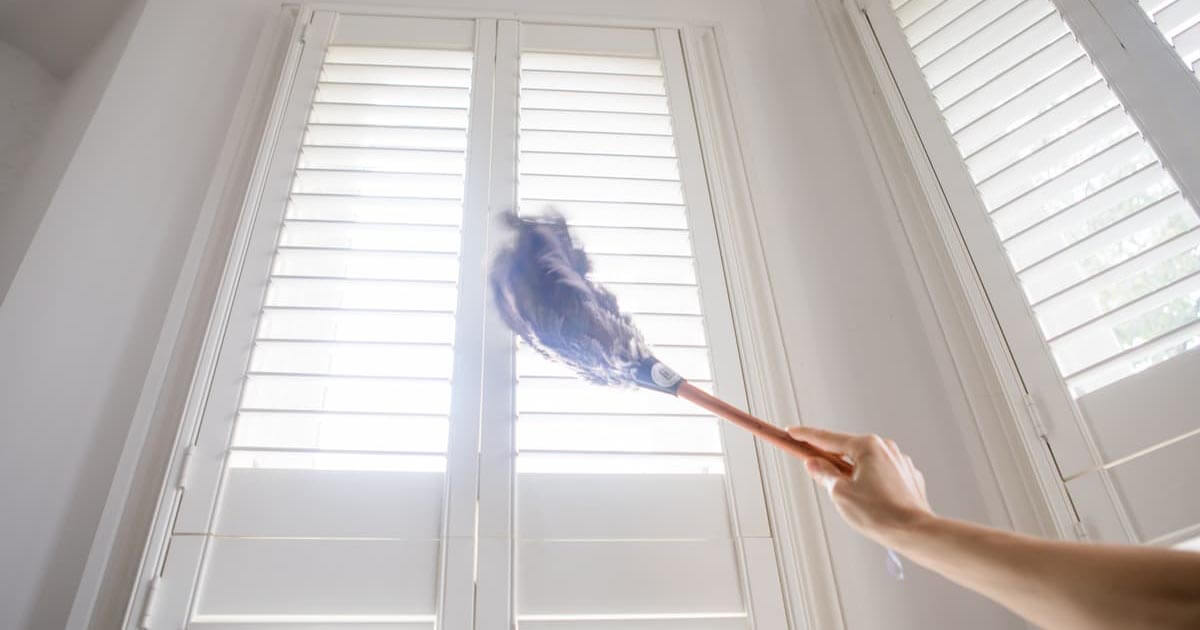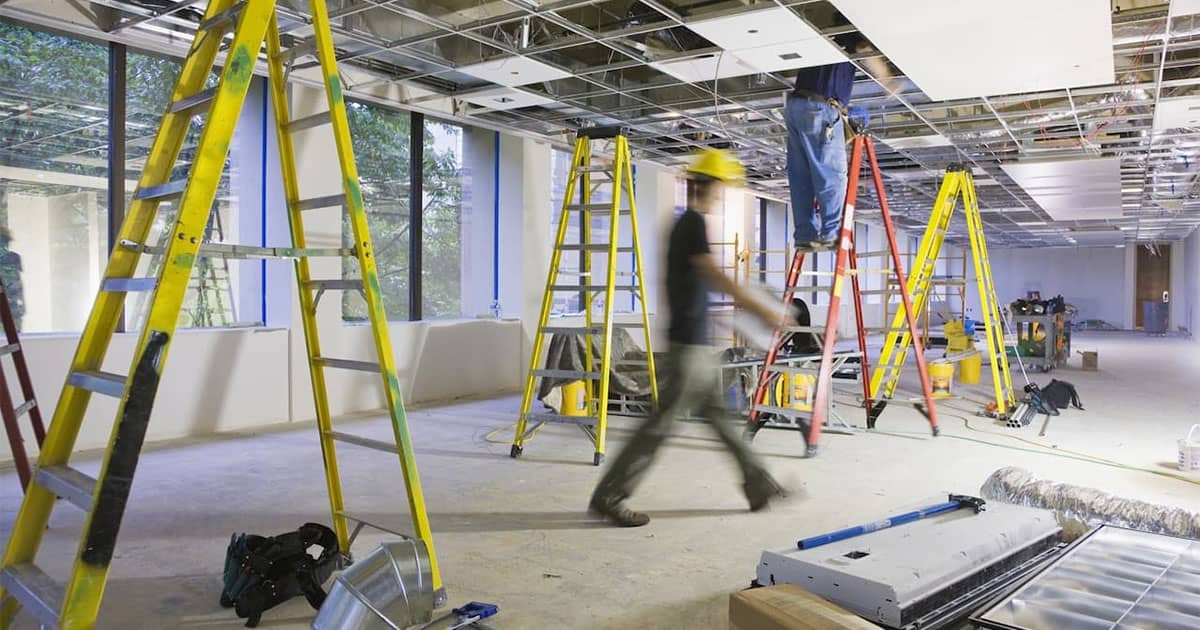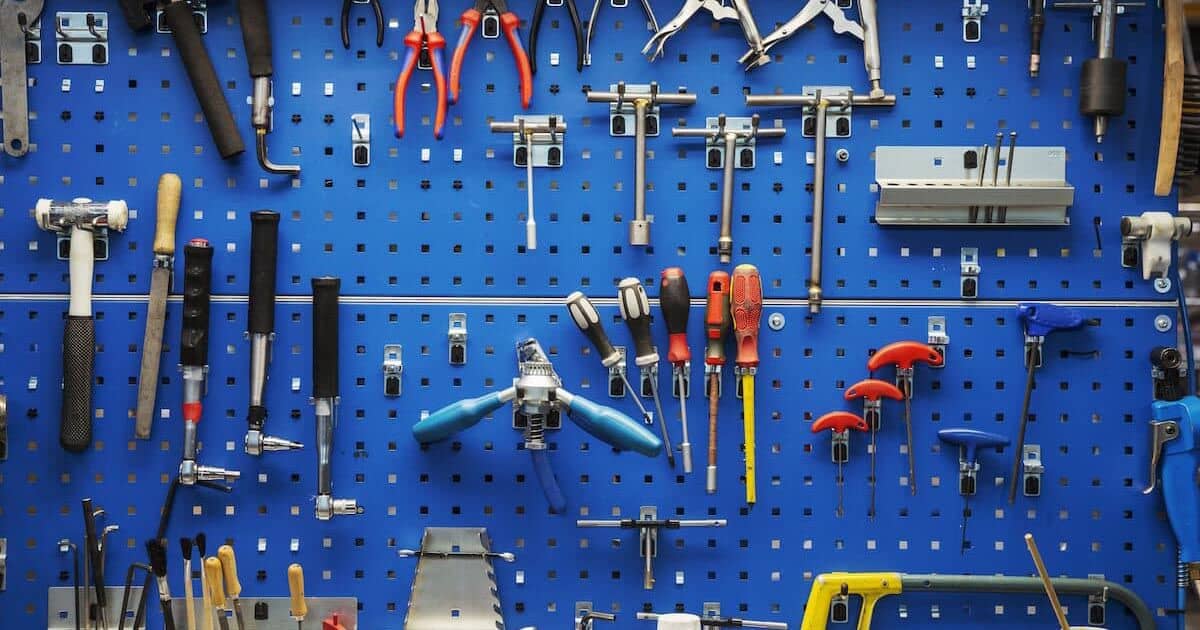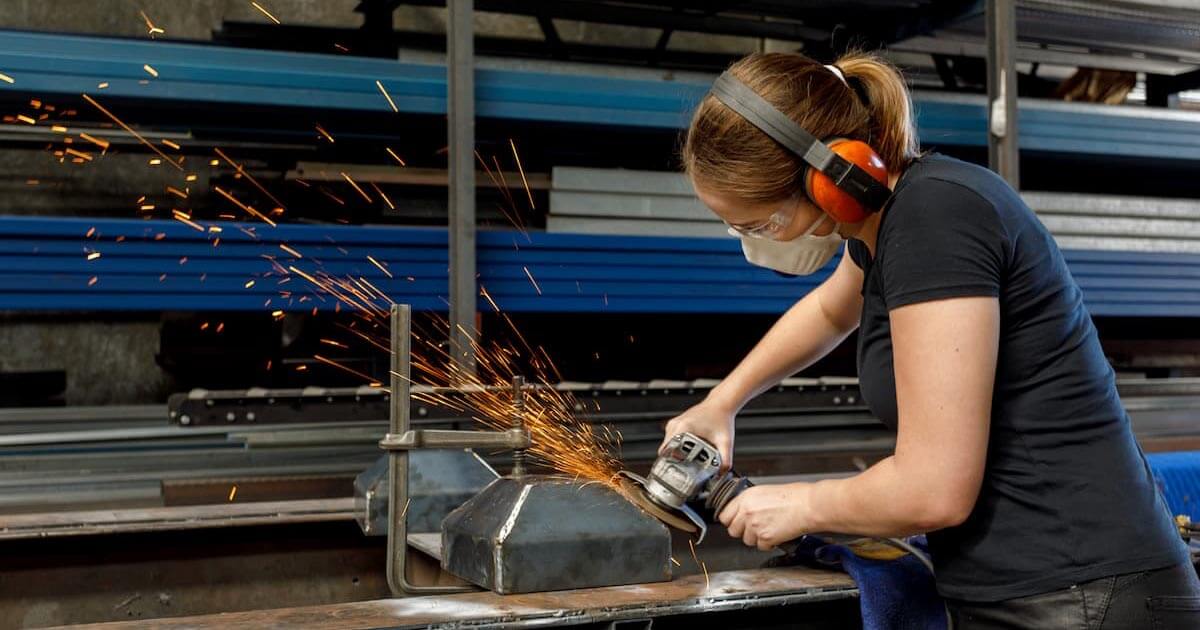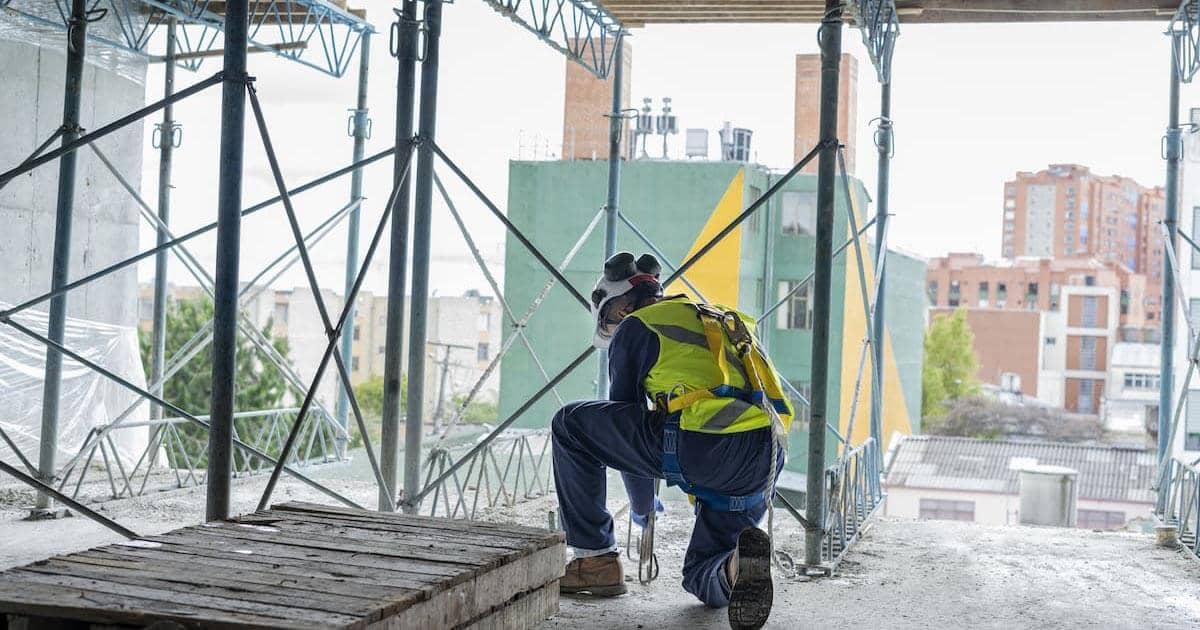There are several ways that you can keep yourself safe from COVID-19 whilst working at a property that isn’t yours.
Personal Protective Equipment (PPE)
PPE has been one of the most effective methods of preventing the spread of COVID-19, some of which has been made mandatory on public transport and in retail environments.
The most effective, and now widely available, form of PPE is a face mask, that not only stops people from contracting coronavirus but also stops an infected individual from spreading COVID-19.
Other forms of PPE useful for a painter and decorator could be disposable gloves, and even a disposable apron, which will also help to keep your clothes protected from both COVID-19 and paint.
Social distancing
Another effective method of stopping the virus from spreading is to observe social distancing, by keeping two metres apart from someone who isn’t a part of your household.
Kind clients may offer you a drink when you arrive at their premises, but it would be good practice to politely turn them down, opting to bring a drink if needed. If you let your customers know this straight away there won’t be any awkwardness later on in refusing their hospitality.
Sometimes you may be working in teams in enclosed spaces, which may make it difficult to work two metres apart. Take a look at our guidance on what to do if working two metres apart isn't possible.
Thorough cleaning
Although COVID-19 can survive on surfaces for up to 72 hours, it is vulnerable to even mild cleaning solutions that aren’t of industrial standard. Using soap, for example, is an effective method of killing any COVID-19 droplets on your hands.
As a painter, you will be cleaning your tools after every painting session, but cleaning with disinfectant will also clean any coronavirus particles from your equipment.
Test and trace
When contacting your clients, you will need to collect information from them such as their name, contact details and address. This will bring you into the realms of GDPR and the Data Protection Act (2018); the rules which govern how personal data is collected, handled and disposed of.
It is prudent to keep these details in case either yourself or client are tested positive for COVID-19, but you will need to make sure that you are using this data in line with data protection laws. Take a look at our article on how to collect, use and dispose of test and trace data.

